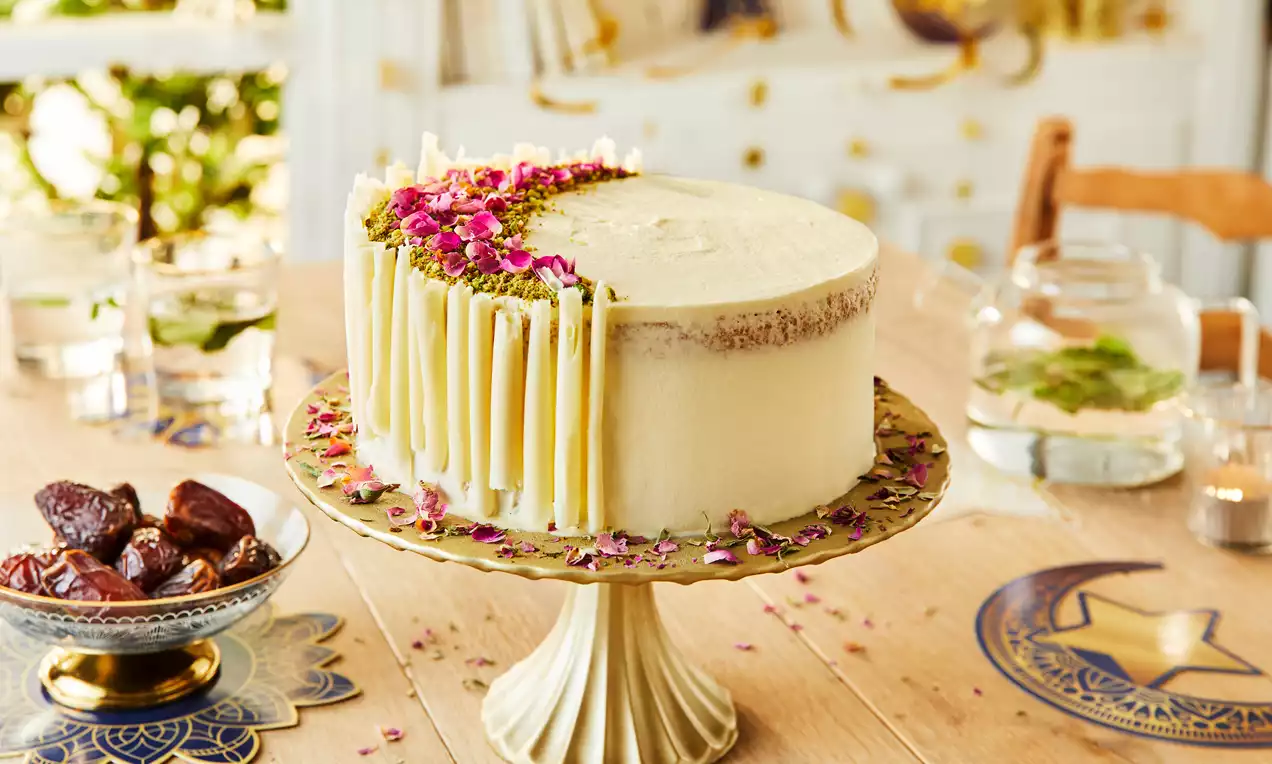
Milk Substitutes in Baking
Running low on milk or seeking dairy-free alternatives? No problem! Explore a range of milk substitutes, from plant-based options to pantry staples, and find the ideal swap for your recipe.
Milk in baking plays a crucial role in adding moisture. Think about that first bite of a moist cake milk is often the secret ingredient behind that perfect texture.
Incorporating milk into your bakes helps prevent them from becoming dry and crumbly. It also adds tenderness and can promote a beautiful golden colour during baking. Consider the crisp edges of cookies, the delicate layers of biscuits, or the stunning golden crust of a pastry – milk is often the unsung hero behind those delicious results.
Cream is an ideal milk substitute for baking. Just remember that it has a higher fat content than milk, which means it will affect the texture of your bake if you use it on its own. It’s best to mix it with water.
Milk replacement: Swap 125ml cream mixed with 125ml water for 250ml milk
This store cupboard essential is one of the best milk substitutes if you’ve run out of fresh milk. You need to mix with water to get the right texture for your bake – a 50:50 ratio is usually ideal. Powdered milk has a sweeter texture than cow’s milk, so it may affect the taste of your bake. You need to mix the milk powder with water as per pack instructions and then do a 50:50 swap in your bake .
Milk replacement: 1:1 swap
Swap sour cream for milk in your recipe to add moisture and richness to your bake. With its neutral flavour and smooth texture, sour cream is perfect for baking. There's no need to dilute it with water—simply replace milk with an equal amount of sour cream for a deliciously moist result.
Milk replacement: 1:1 swap
Yogurt could be your next best substitute. With its smooth, thick texture, it adds moisture to your bakes just like milk. However, unlike sour cream, which has a neutral taste, yogurt has a tangy flavour that may slightly alter the taste of your recipe. Be sure to avoid flavoured yogurts, such as strawberry, as they can introduce unwanted flavours. Stick to natural, unsweetened yogurt for the best results when substituting for milk.
Milk replacement: 1:1 swap
If you’re vegan or following a plant-based diet, there are plenty of dairy-free alternatives for milk in baking.
Coconut milk, like almond milk, tends to be on the thinner side. If you’ve ever tried making coffee with coconut milk, you’ll know it takes quite a bit to achieve that creamy, milky texture. The same applies in baking—its thin consistency can affect the texture of your bake. Additionally, coconut milk has a distinct flavour that can alter the taste of your recipe, adding a mild coconut taste.
Milk replacement: 1:1 swap
For many, soy milk is one of the closest plant-based alternatives to cow’s milk when it comes to baking. It’s thick and creamy, which helps create that lovely texture in your bakes. Opt for unsweetened soy milk to ensure the neutral flavour doesn’t alter the taste of your recipe, allowing your bake to shine.
Milk replacement: 1:1 swap
Almond milk is typically thinner than cow's milk, which may result in a slightly less smooth texture in your bake. It can also impact the flavour, adding a mild nuttiness that may alter the taste of your recipe. While it’s a great dairy-free option, keep in mind these subtle differences when using it as a substitute.
Milk replacement: 1:1 swap
Like soy milk, oat milk has a thick consistency that helps achieve a similar texture to cow's milk in your bakes. For the most neutral flavour, choose unsweetened oat milk to keep the taste consistent with cow's milk. While sweetened oat milk can work in sweet recipes, it’s best to avoid it in savoury ones.
Milk replacement: 1:1 swap
Can you substitute buttermilk for milk in baking?
Yes, you can substitute buttermilk for milk in baking. For every cup of buttermilk used, reduce the baking powder by two teaspoons and add an extra ½ teaspoon of baking soda to maintain the proper leavening balance in your recipe.
Can I substitute oil for milk in baking?
Oil is a crucial ingredient in baking, especially in cakes, where it helps create a soft, moist, and spongy texture. Its high fat content provides moisture that milk cannot replace. While you can substitute oil with butter or a low-fat oil, it cannot be directly swapped for milk in a recipe.
Can you replace milk with juice in baking?
Yes, you can use juice as a milk replacement in some recipes at a 1:1 ratio. However, the texture and flavour will likely differ, so you may need to experiment a bit to achieve the right balance. Apple or orange juice can work as milk substitutes in certain bakes, but it’s generally not recommended as a direct replacement, especially in recipes where the milk’s richness and creaminess are key.
Now you know the best milk substitutes for baking, why not try them in some bakes? Swap out the milk for a dairy-based alternative in our Extra Dark Chocolate Loaf, or go plant-based with our Vegan Coffee Cake and Vegan Carrot Cake.